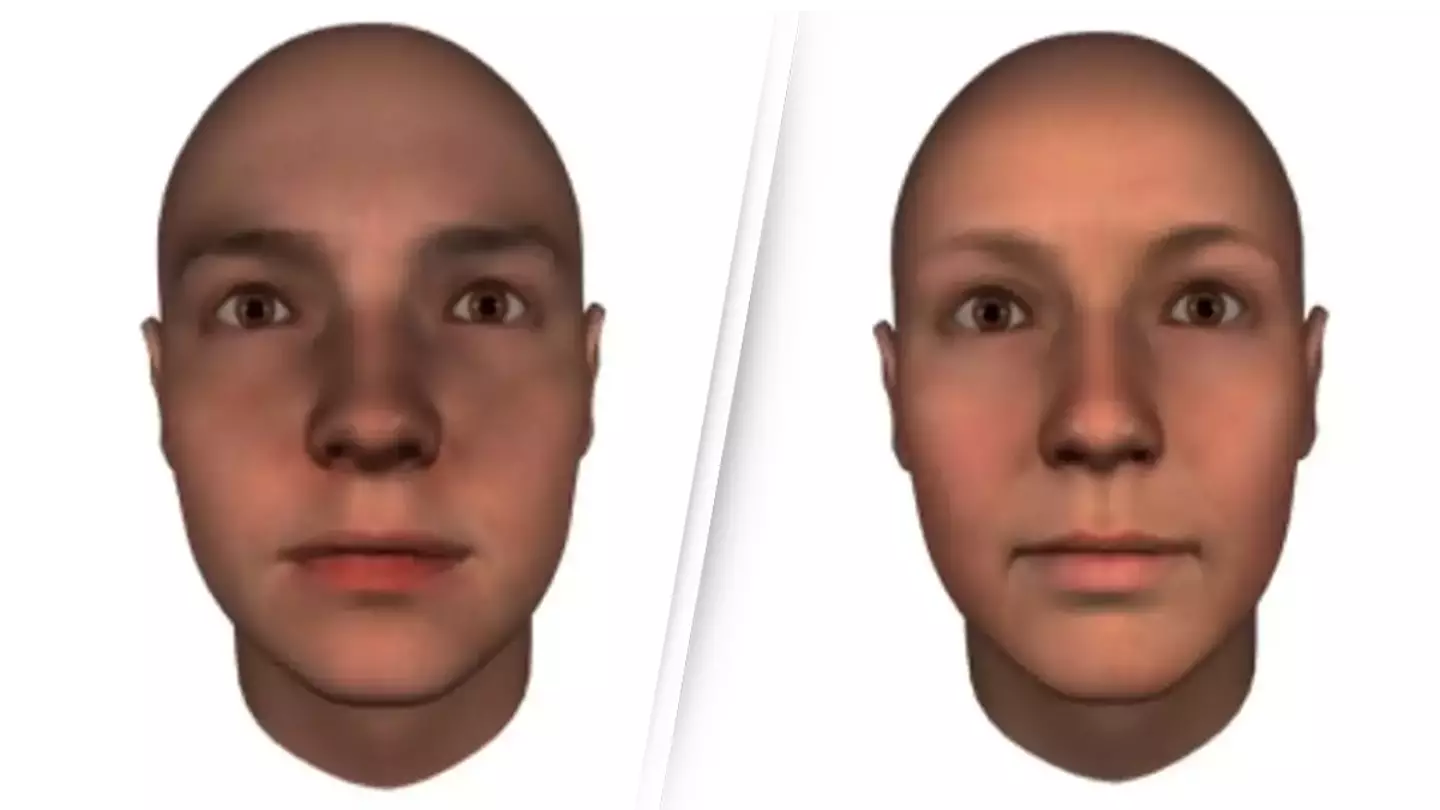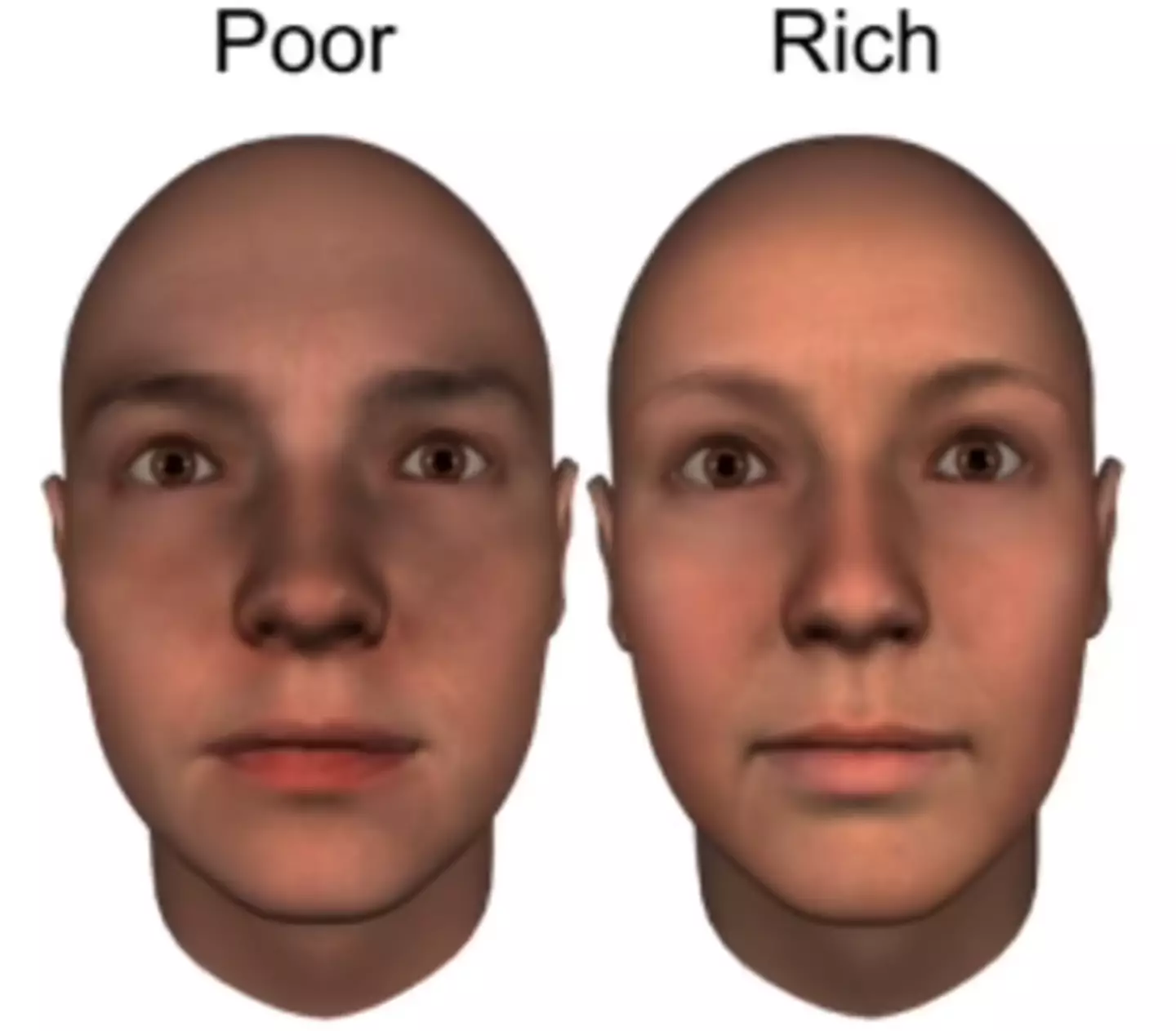
People probably think they can determine someone's wealth by how they dress, what they do for a job, where they live, or even perhaps what perfume they wear.
But did you know that a recent study suggests people make judgements about if you're 'rich' or 'poor' just from the shape of your face?
Move over 'resting bitch face'. There's a new sheriff in town and it's known as 'resting rich face'.
According to a study conducted by researchers from the University of Glasgow, the shape of your face could influence what people think about your wealth and background.
Advert

Thirty young, white, native English-speaking people with an average age of 22 took part in the study.
They were asked to look at 3D models of faces and make judgements on their wealth and social standing, along with deciding if that person seemed competent, warm, dominant and trustworthy.
The study found that faces deemed 'rich' were also considered to be more trustworthy, with chiselled features, raised brows and rosy cheeks among other characteristics.
However, faces that are considered as 'poor' have lowered eyebrows, shorter chins, downturned mouths and cooler skin tones, making them appear cold and untrustworthy apparently.
Lead author of the study, Dr Thora Bjornsdottir says these types of judgements solely based on appearance can have long-lasting effects on those individuals.

She said: "People who are perceived to be of high or low social class are also often judged as having advantageous or unfavourable traits, respectively.
"Such judgements are formed even just from facial appearance, and this can have substantial consequences, including disadvantaging those who are perceived to be of lower social class.
"The stereotypes we hold bias our perceptions.
"Our impressions of other people can lead to particular advantages or disadvantages for them."
The research also showed that faces which are considered to be 'poor-looking' appeared more 'infantile' and had rounded features, similar to that of a child's face.
At the same time, 'rich' faces were recognised as longer and more defined. They typically had protruding noses, upturned 'smiley' mouths and high foreheads. Those surveyed said that these characteristics made them look more dominant, capable and honest.
Professor Rachael Jack said: "Our research demonstrates how specific facial attributes play a pivotal role in connecting social class perceptions with related stereotypes.
"These findings are not only valuable for advancing our understanding of central social perception theories but could also help with future interventions designed to interrupt biased perceptions."